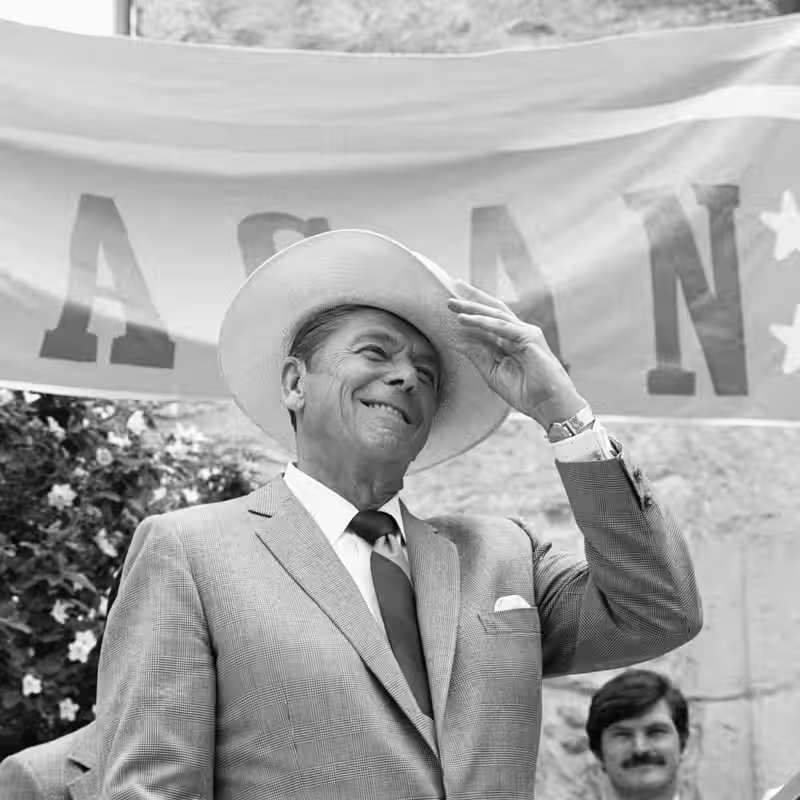Think the modern Republican Party was forged in Washington think tanks or suburban megachurches? Think again. According to historian Jeff Roche’s new book, The Conservative Frontier: Texas and the Origins of the New Right, the true birthplace of today’s conservative movement is the sun-scorched, windblown plains of West Texas.
What Is ‘Cowboy Conservatism’?
Roche coins a vivid term for the political culture that emerged from this rugged region: cowboy conservatism. It’s not just a catchy phrase—it’s a worldview shaped by isolation, self-reliance, and a deep suspicion of outside authority.
At its core, cowboy conservatism champions:
- Individualism—the belief that government should stay out of personal and economic life.
- Militarism—a strong national defense and reverence for military strength.
- Free-market capitalism—minimal regulation, low taxes, and entrepreneurial freedom.
- Anticommunism—historically a driving fear that shaped foreign and domestic policy.
- Traditional gender roles and racial hierarchies—elements Roche notes were foundational, if often unspoken, in the movement’s early days.
This ideology didn’t spring from a vacuum. It grew from the land itself—what early Spanish explorers called despoblado, or “uninhabitable.” Yet for those who stayed, that harshness bred a fierce independence that would eventually ripple far beyond Texas borders.
From Comanche Territory to Conservative Powerhouse
Before it became a Republican stronghold, West Texas was Comanche land—the heart of a powerful Indigenous empire that dominated the Southern Plains for generations. As historian S.C. Gwynne detailed in Empire of the Summer Moon, the Comanche were “the most fearsome fighting force in North America” until U.S. military campaigns and the near-extinction of the bison drove them from their homeland in the 1870s.
What followed was a settler-driven transformation. Ranchers, farmers, and oilmen moved in, bringing with them a culture that prized self-sufficiency, distrusted federal oversight, and glorified the myth of the lone cowboy—a symbol that would later be weaponized in political messaging.
The Political Pipeline: West Texas to the White House
Roche traces a direct line from this regional ethos to national conservative icons:
| Era | Key Figure | West Texas Connection |
|---|---|---|
| 1950s–60s | John Birch Society | Found strong grassroots support in rural Texas communities. |
| 1964 | Barry Goldwater | His anti-government message resonated deeply in West Texas. |
| 1980s | Ronald Reagan | Embraced cowboy imagery and Texas-style individualism; campaigned heavily in the region. |
| 2000s–Present | Modern GOP | Policies on deregulation, border security, and gun rights echo West Texas values. |
As one Texas political veteran once quipped while flying over the region: “That’s the freakin’ moon.” Yet from that lunar-like landscape came a political tide that would reshape American democracy.
Why This History Matters Today
In an era of deep polarization, understanding the geographic and cultural roots of modern conservatism isn’t just academic—it’s essential. Roche’s work reminds us that ideologies don’t emerge from thin air. They’re shaped by land, history, trauma, and myth.
And as the GOP continues to evolve—grappling with populism, nationalism, and internal fractures—the legacy of West Texas remains a powerful undercurrent.




